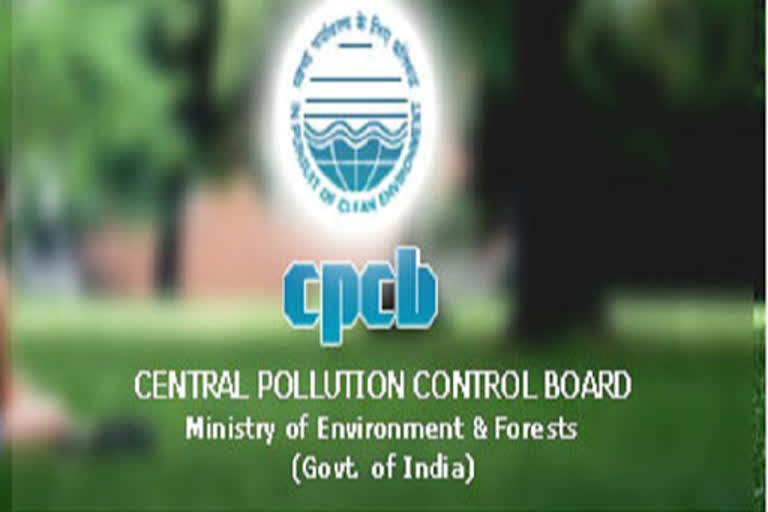New Delhi:The Centre has deputed 50 Central Pollution Control Board (CPCB) teams to monitor stubble burning and help in implementing measures to combat pollution in Delhi and the National Capital Region (NCR).
Union Environment Minister Prakash Javadekar has made the announcement after an over one-and-a-half hour meeting on the issue with five states including Delhi, Haryana, Punjab, Uttar Pradesh and Rajasthan. Uttar Pradesh's Dara Singh Chauhan, Rajasthan's Sukhram Bishnoi, Haryana's Kanwar Pal and Delhi's Gopal Rai, the four ministers, and Punjab's Environment Secretary were present in the meeting. Besides, Environment Secretaries of other states as well as officials of the pollution department also took part in the meeting. The Central government's Agriculture Secretary was also present in the meeting.
Javadekar said that all the 50 CPCB teams will work with full enthusiasm and all the five states will be contacted regularly to take the review. Javadekar said that the Pollution Control Board will be very active during the period and work in coordination with all these states. Ahead of November, when pollution peaks, the Central government has swung into action to tackle the national capital region's contaminated air and plans to strengthen and empower the CPCB.
Read:|EPCA submits report to SC on Punjab-Haryana stubble burning
Informing of the Centre's plan to combat pollution, Javadekar said that the policy is to maintain an environment in which all states compete with each other to control pollution which affects lungs and it is dangerous amid the ongoing COVID-19 pandemic. This was the seventh meeting on pollution this year so far. Six other meetings have taken place earlier. One was chaired by Cabinet Secretary, other by Principal Secretary, two by CPCB and two by Environment Secretary.
"Good days of air increased to 182 in 2019 compared 108 in 2016 while the bad days decreased to 183 last year compared to 282 in 2016," the Union Minister said while mentioning efforts of the state and Central governments to mitigate the pollution. "This all happened because hotspots were prepared to observe and focus to solve the increasing pollution issue. There are many other reasons behind pollution in NCR (National Capital Region) that include construction, dust, garbage management and impure roads," Javadekar said.
He said that the Central government has given machines for stubble disposal. He said that Indian Council of Agricultural Research (ICAR), a Central government institute, has also completed research on decomposer with the help of Pusa Institute here.
